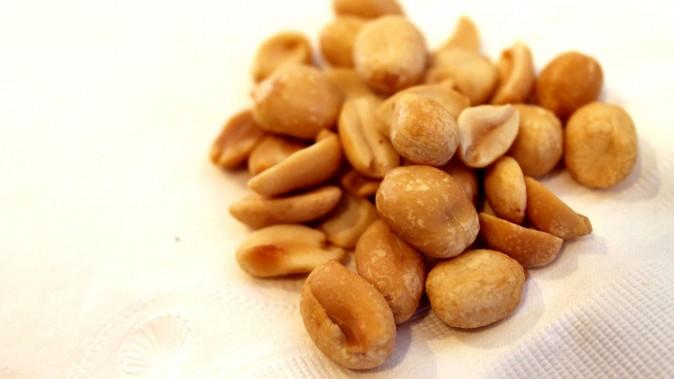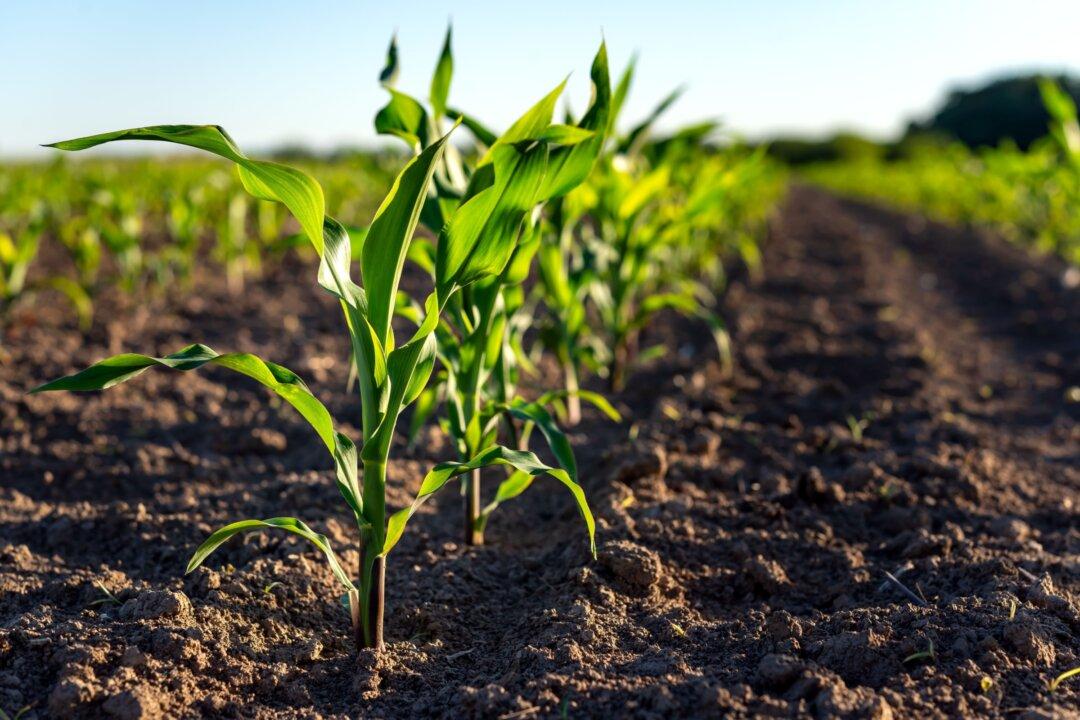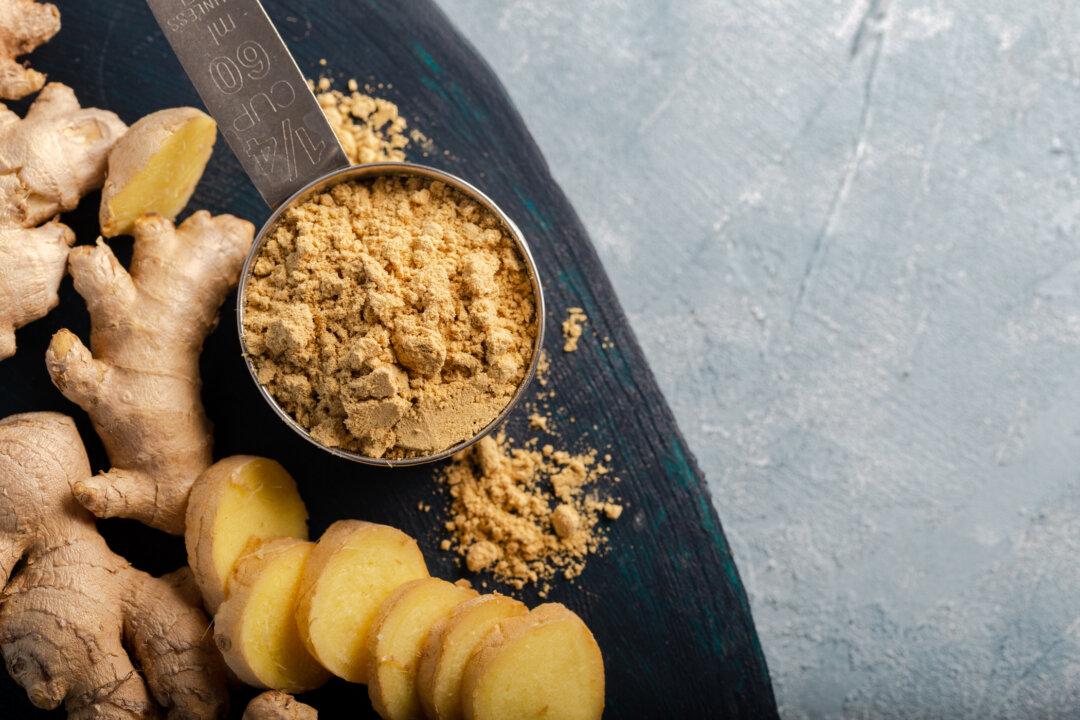Colon cancer is one of the world’s most prevalent and lethal forms of cancer and is believed to be driven primarily by the Western diet. It has been estimated that one million people around the world are diagnosed with colon cancer, and 500,000 die from it, each year. Conventional treatment approaches continue to do very little to reduce mortality, and this is believed to be due to the presence of a subpopulation of colon tumor cells known as cancer stem cells (CSCs), or tumor-initiating cells (TIC), that are resistant to chemotherapy and therefore contribute to relapse. In fact, chemotherapy not only fails to destroy the cells at the root of colon cancer but may also induce cancer stem cell like properties (stemness) within colon tumor cells that otherwise would not express them, the result of which is to make the post-treatment, surviving colon cancer cells far more malignant. Radiotherapy has also been found to induce stemness in cancers of the breast (up to 30x increased tumorigenicity), indicating that both chemotherapy and radiotherapy -- the purported ‘cure’ of conventional cancer care -- may worsen the disease.
Given the bleak situation, interest in cancer stem cell targeting therapies of natural origin has increased dramatically in the past few years. In a new study published in Nutrition titled, “Colon carcinogenesis: influence of Western diet-induced obesity and targeting stem cells using dietary bioactive compounds,” researchers identified the Western lifestyle and diet as a primary driver of colon cancer incidence:
“Accumulating evidence suggests that lifestyle factors are one of the predominant components that modulate susceptibility to colon cancer. It is a concerning fact that the highest incidence rates of colon cancer are observed in developed nations, including the United States. Moreover, risk for colon cancer is elevated within one generation in individuals who migrated from developing countries to developed countries. Colon cancer rates are rapidly rising in developing nations and could be due to adoption of several features of the Western lifestyle, as previously reviewed. Diets rich in red and processed meats, refined starches, sugar, and saturated and trans-fatty acids but poor in fruits, vegetables, fiber, u-3 fatty acids, calcium, vitamin D, and whole grains are closely associated with an increased risk for colon cancer. Other main features of the Western lifestyle, such as excess body mass and sedentary behaviors, are also strongly associated with higher risk for developing colon cancer.”
The researchers emphasized the special role of diet in colon cancer in particular: “Diet contributes to 20% to 42% of all human cancers and 50% to 90% in colon cancer .” [emphasis added]
According to the study, the primary biological mechanism by which the Western diet drives colon cancer is through increasing insulin-like growth factor (IGF-1) levels, decreasing IGF-binding proteins, which in turn increases bioactive (free) IGF-1 levels. This results in a complex cascade of molecular events consistent with cancer initiation and promotion.







